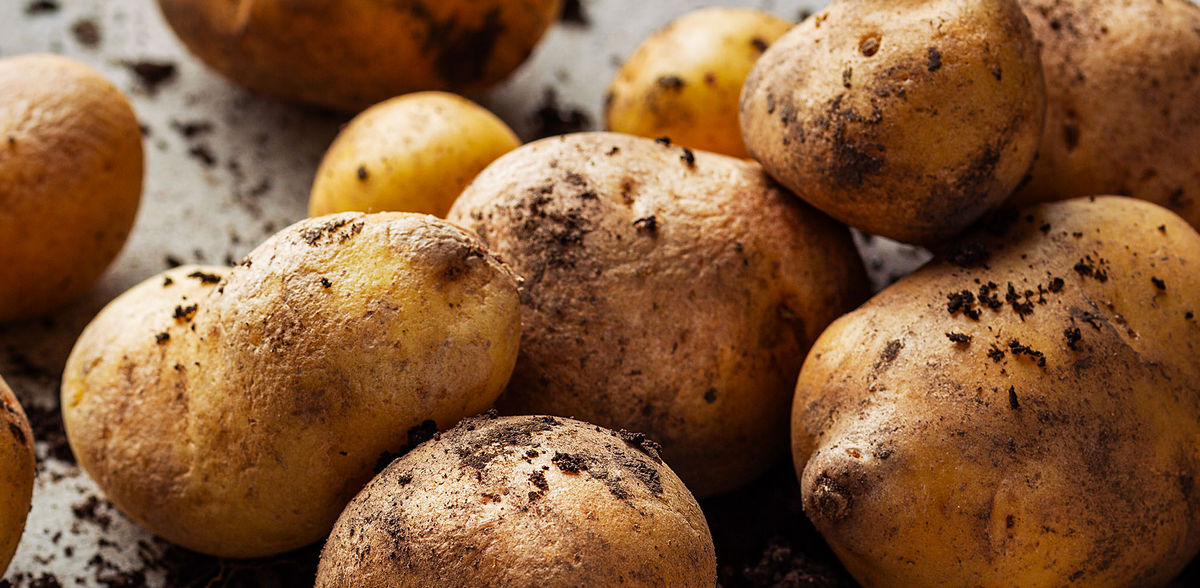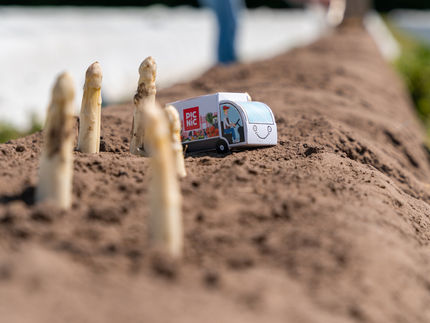Hilcona offensive: cultivation and processing of robust potato varieties is being stepped up
Swiss potato industry sets itself ambitious goals
In February 2024, Swisspatat, the organization of the Swiss potato industry, reported on the many challenges in potato cultivation and set itself ambitious targets in an agreement with the federal government.
10,000 tons of regional potatoes per season
The food manufacturer Hilcona processes around 10,000 tons of potatoes every year. This makes Hilcona one of the five largest buyers of processed potatoes in Switzerland. The major challenges, such as the consequences of climate change, new regulatory requirements (reduction pathway for pesticides) and the ongoing pest and disease pressure, affect both Hilcona and the entire potato industry. "We are convinced that it will take the commitment of everyone involved along the value chain to find long-term solutions. It is becoming increasingly important that we network and work together to tackle the complex issues together," emphasizes Andrea Gerber, Head of Sustainability at Hilcona.
Robust potato varieties in demand
In response to the reduction path for pesticides, Swisspatat has concluded a target agreement with the Federal Office for Agriculture (FOAG). In this agreement, the industry has set itself ambitious goals to promote the cultivation of robust varieties. "Hilcona Agrar is also planting new varieties in its fields this year to test their resistance to late blight and their suitability for processing," explains Andreas Messerli, Head of Hilcona Agrar.
Optimal solutions are the goal
Another aspect of potato processing is the reduction of food waste, the loss of valuable food from harvest to processing. Last fall, Swisspatat announced that it would adjust the acceptance conditions for potatoes in order to reduce food waste. For example, the tolerance of tuber grading or certain defects is to be extended. The aim is to utilize as many potatoes as possible and not leave them in the field. The challenge is to ensure that such measures do not compromise the yield in the downstream process steps and lead to food losses with increased environmental impact. Andrea Gerber: "Here too, Hilcona tries to find the best possible solution for each batch. However, we also know that we will face even greater challenges in the future.
Note: This article has been translated using a computer system without human intervention. LUMITOS offers these automatic translations to present a wider range of current news. Since this article has been translated with automatic translation, it is possible that it contains errors in vocabulary, syntax or grammar. The original article in German can be found here.
Most read news
Other news from the department business & finance

Get the food & beverage industry in your inbox
By submitting this form you agree that LUMITOS AG will send you the newsletter(s) selected above by email. Your data will not be passed on to third parties. Your data will be stored and processed in accordance with our data protection regulations. LUMITOS may contact you by email for the purpose of advertising or market and opinion surveys. You can revoke your consent at any time without giving reasons to LUMITOS AG, Ernst-Augustin-Str. 2, 12489 Berlin, Germany or by e-mail at revoke@lumitos.com with effect for the future. In addition, each email contains a link to unsubscribe from the corresponding newsletter.




























































